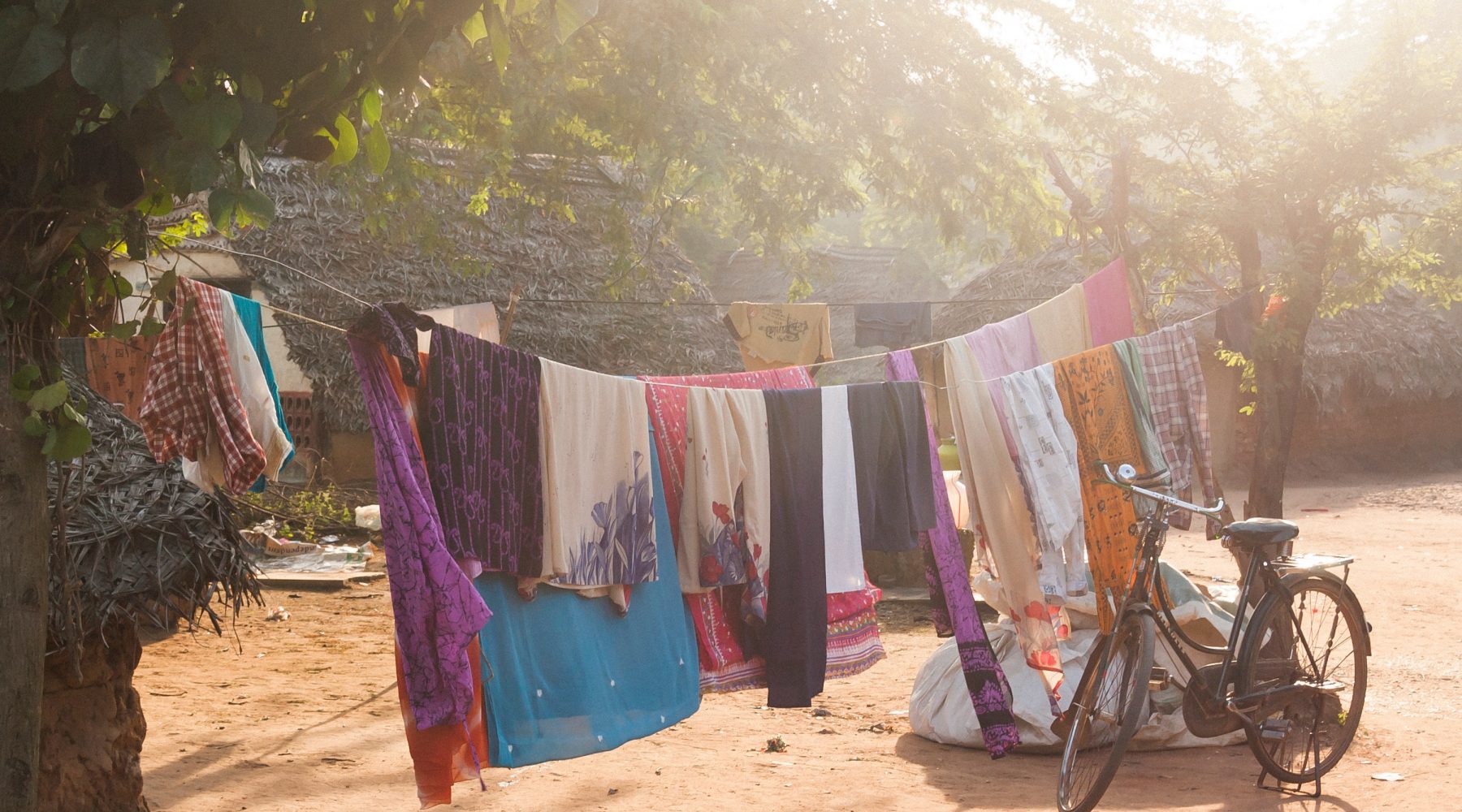ParentsNext is “inconsistent with Australia’s human rights”

The Australian Human Rights Commission (AHRC) has expressed “serious concerns” about the controversial ParentsNext program, a support service tailored to parents with children under six who are receiving parenting payments.
The ParentsNext program was piloted in ten locations around Australia in April 2016, and an expansion of the program was announced in the 2017-18 Budget, with an investment of $263 million. According to Discussion Papers, 96 per cent of ParentsNext participants are likely to be female, with that number including approximately 10,000 First Nations people. The program has been positioned as complementary to a range of other Government initiatives targeting an increase in female workforce participation.
Since its inception, a number of service providers and end users have expressed their concerns about the system, with the AHRC yesterday issuing a statement which describes ParentsNext as a “compulsory, punitive pre-employment program”.
Describing the program as affecting “some of the most disadvantaged parents and children in Australia”, the AHRC said there were “potentially severe financial and human rights impacts”.
“A failure to comply can result in the suspension, reduction or cancellation of Parenting Payments. As a result, parents and young children may be unable to afford essential goods and services,” the AHRC said.
In a submission to the Senate Standing Committee on Community Affairs, the AHRC said they had considered the aims, safeguards and impacts of ParentsNext, from a human rights perspective, and found the program lacking.
In acknowledging the “intended and important objectives of ParentsNext” the Commission said certain aspects of ParentsNext are “manifestly inconsistent with Australia’s human rights obligations”.
Central to the concerns raised by the AHRC, was children’s rights, alongside the right to social security, and the right to equality and non-discrimination. Further, the AHRC believe the “punitive compliance approach” also risks entrenching and exacerbating poverty and inequality in Australia.
The Commision believes that ParentsNext has “disproportionately impacted women and Indigenous Australians”, raising “serious concerns about the right to equality and non-discrimination.”
Among eight recommendations put forward to the Senate committee, the Commission has called for the program be voluntary and opt-in rather than mandatory, and for the removal of the Targeted Compliance Framework so that participants cannot be subject to suspension, reduction or cancellation of their Parenting Payment.
The Commission further recommended that the Federal Government ensure ‘appropriate engagement with and the inclusion of Indigenous communities and Aboriginal Community Controlled Organisations in the design, oversight and operation of ParentsNext, to allow for self-determination and participation in decision making”
Early childhood education and care (ECEC) services were mentioned by the Commission, with calls for the Federal Government to provide information about its plan to address the structural barriers for participants of ParentsNext, ensuring access to education, affordable childcare and healthcare, recognising the value of unpaid care.
The full submission to the Senate Committee can be accessed here.
Popular

Policy
Practice
Provider
Quality
Spot checks, CCTV and scrutiny of Working With Children Checks: sector responds to child safety crisis
2025-07-07 07:15:26
by Fiona Alston

Quality
Practice
Provider
Research
Workforce
Honouring the quiet magic of early childhood
2025-07-11 09:15:00
by Fiona Alston

Policy
Practice
Provider
Quality
Workforce
Minister Jess Walsh signals urgent action on safety and oversight in early learning
2025-07-11 08:45:01
by Fiona Alston








